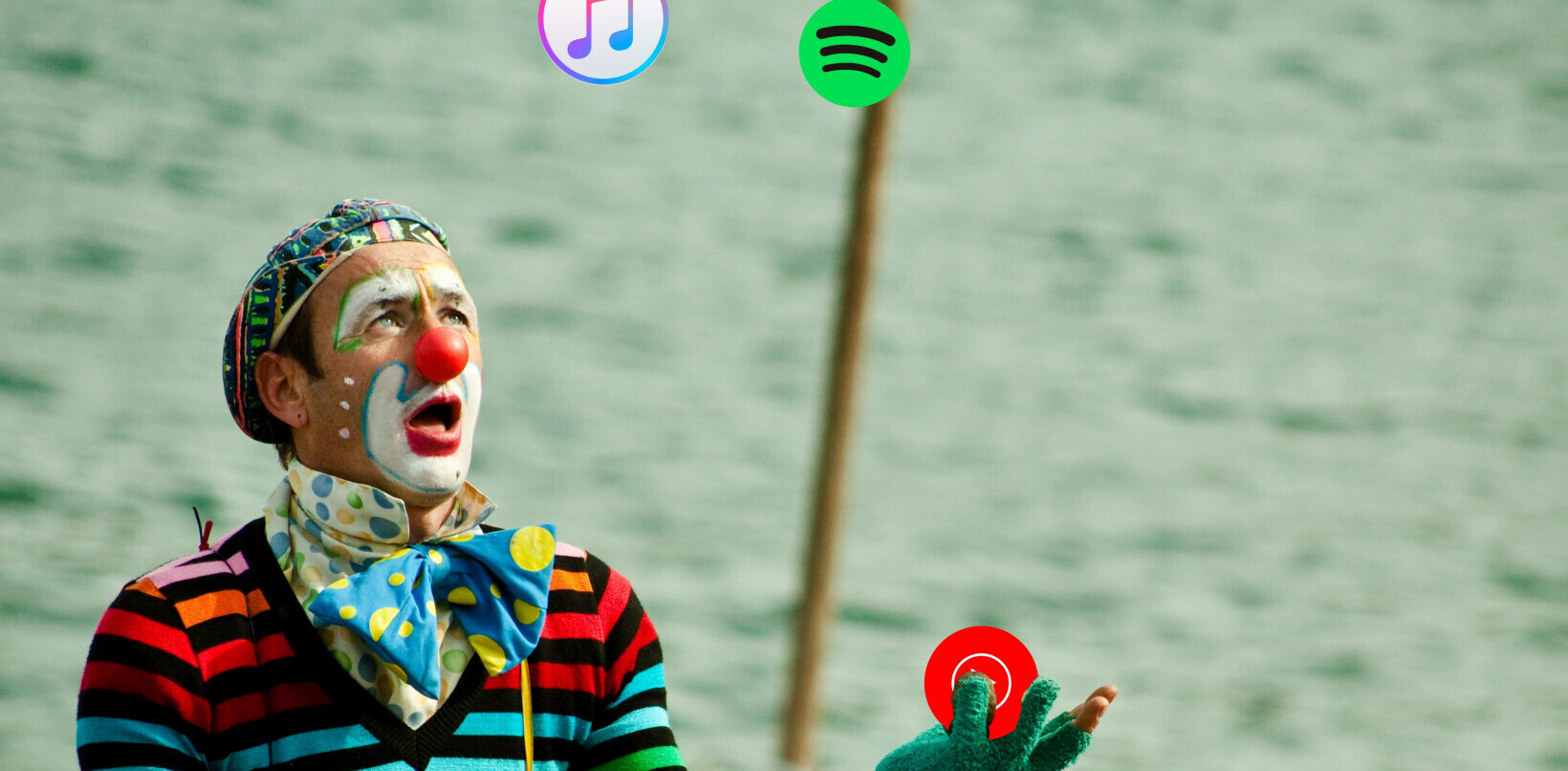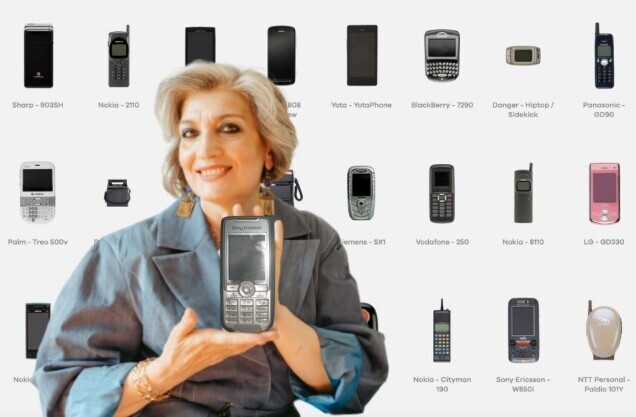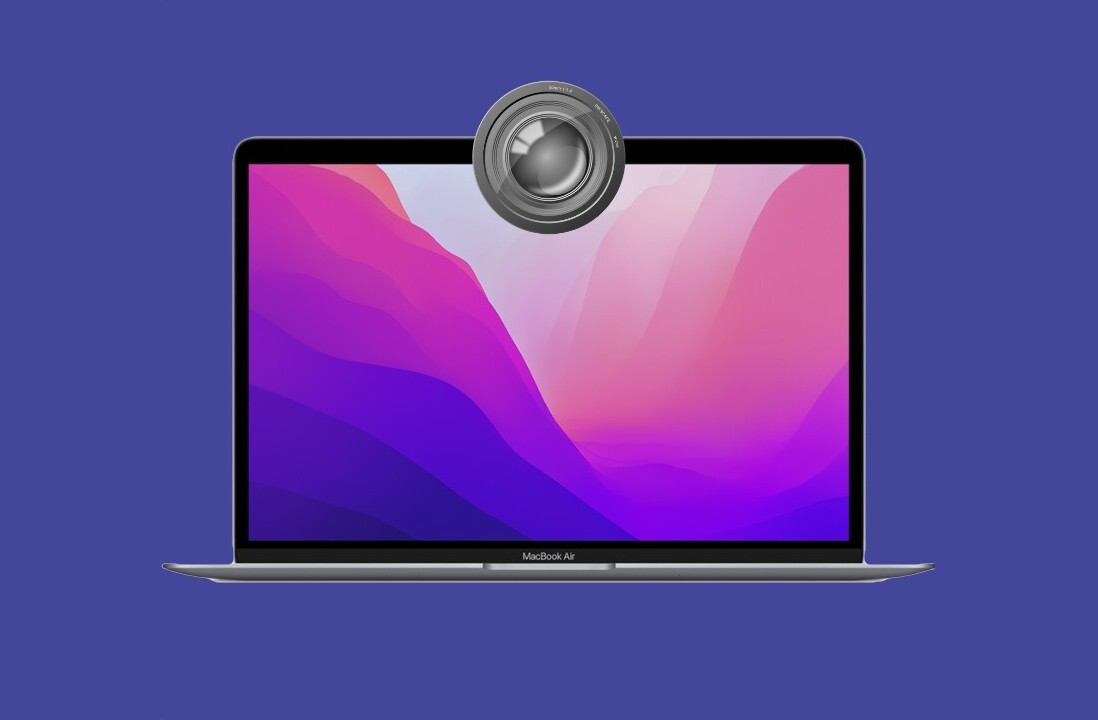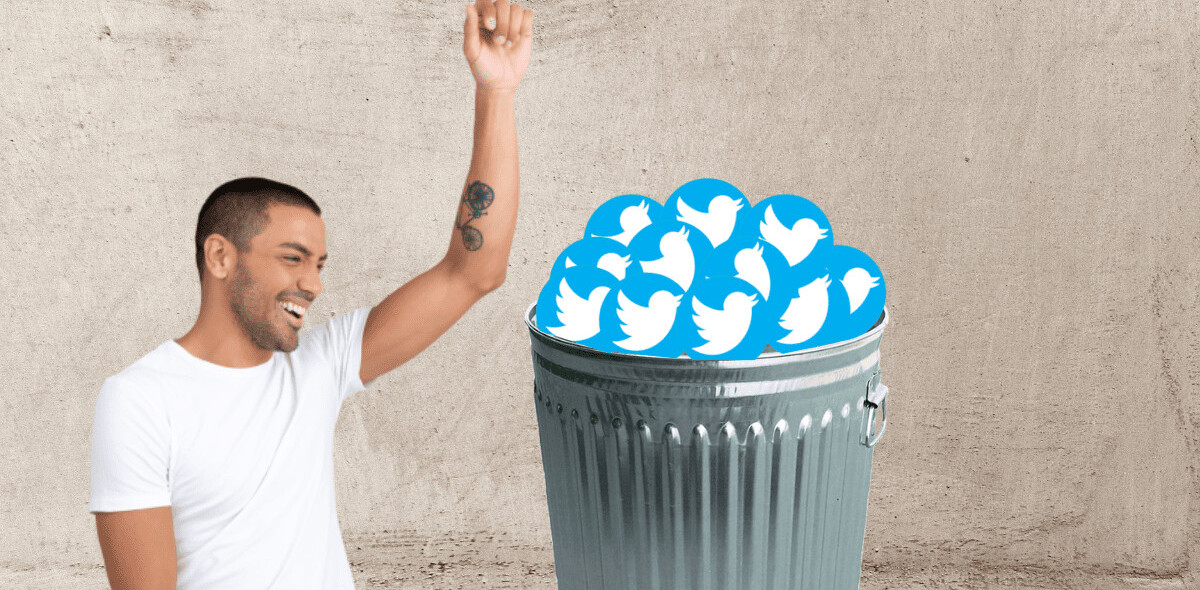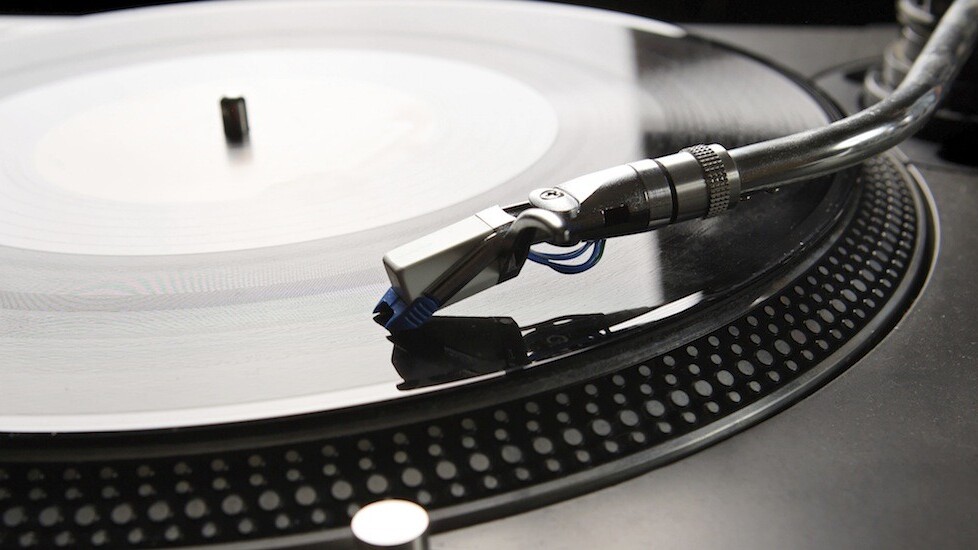
Music discovery is a problem, especially for independent artists that don’t have a massive marketing machine backing them. In many ways, finding an artist that you connect with is a lot like starting a relationship, so it’s only natural that two Tinder veterans would take the same discovery dynamic that has worked for dating and hookups and apply it to musicians and their fans.
The resulting iPhone app, which is created by Tinder co-founder Christopher Gulczynski and former VP of design Sarah Mick, is called Next.
Musicians use Next to record short videos of their music – anywhere from 10 seconds to 3 minutes. Users then logon and watch 30-second excerpts of the songs, swiping left to dismiss and swiping right to like. If you find an artist you’re interested in, you can follow them on the app or tap to share via SMS, email and Twitter.


Content on Next right now is a varied mix of teens singing in their bedrooms, well-produced indie bands, underground hip-hop and DJs. Sadly, the majority of videos are too amateur and cover-focused to really help you discover new artists. I’ve never had any use for Tinder (spoiler: I’m married), but after using Next, I can see why my single friends are so fascinated with swiping all of the cards. I do feel a tiny bit of remorse when I swipe left, though, as if I’m crushing some poor teen’s dreams of musical fame and fortune.
If you do get hooked on Next, keep in mind that it’s early days, so the amount of videos on the platform is still fairly limited. While testing the app, I regularly ran out of cards and had to wait for more to show up. Next would also sometimes play me videos that I had already swiped away. A Next leaderboard let’s you watch the videos with the most likes, though you won’t be able to rate them yourself.
“We want to be the democratization of access to music,” Gulczynski said in an interview. “We’re coming from a place of real passion and wanting people to be heard.”
It’s a lofty vision, one that doesn’t take the easy route toward monetization. In a sense, Next comes as a reaction to Tinder, which has been criticized for playing into our superficial tendencies.
“Being so close to Tinder, we liked the gamified feeling. The swiping mechanic is just a UI convention that we really like, but the core of it is everyone is given the same amount of attention,” Gulczynski said.


Feeding the swipe monster seems like it would be a lot of pressure for artists, who have just a few seconds to impress, but Gulczynski sees it as the opposite.
“If you get a few swipes left and get knocked off the list, you can upload as many videos as you want to. Got a great idea for a song? Just put it up there,” he said.
Gulczynski compared Next to how designers might use Dribbble to just sketch out ideas. While the startup wants to keep its raw roots, it’s also exploring bringing more produced content to the app by courting smaller record labels and management companies. He continued:
There’s a stigma around the music industry that it’s notoriously hard to monetize. What we’re trying to do is circumvent that by growing a critical mass of people on the platform, by coming around the backside. If the “music industry” wants to be a part of it, we’re going to force them to play nice…Next is always going to be a home for the person with a guitar sitting in their bedroom. It’ll never grow away from that. The core of the product will always be focused on the little guy.
Next also doesn’t see itself as a competitor to the likes of Spotify and SoundCloud because it wants to help with discovery and then send listeners back out to those services. Also, it has a video focus. In all likelihood, Next will vie with YouTube to be the destination for young people to share and find new music and connect directly with creators, but that’s a mammoth task. Next could also pursue a donation mechanism for artists, which would bring it closer to crowdfunding platforms like Patreon.
Like many apps of its kind, Next suffers from the chicken-and-the-egg problem – it’d be a useful platform with lots of high-quality users, but it’s difficult to attract new users without being useful. When I asked a musician friend to take a look at the app, he said he’d rather stick to YouTube, Facebook and Twitter to promote his bands to a large audience.
Next saw a boost in downloads at launch with the help of a featured app selection on the App Store, but the company’s generic name will also pose problems for how users will find it. When I search for “next” in iTunes, it’s the 16th result on the list.
While I applaud the Next team’s efforts to promote independent music, I’m worried about how sustainable and scalable the app is. After swiping through a handful of poorly-lit, out-of-tune cover songs on Next, I found myself longing for mainstream music. Maybe I just don’t have the necessary indie fan cred, but I suspect that the average user doesn’t either.
Image credit: Thinkstock
Get the TNW newsletter
Get the most important tech news in your inbox each week.

